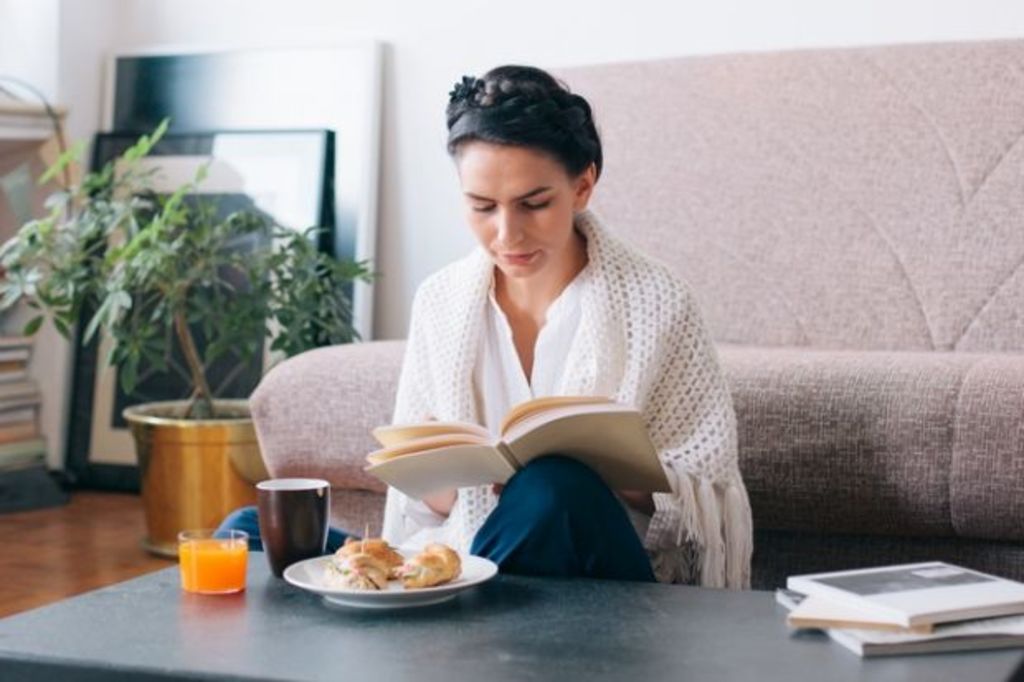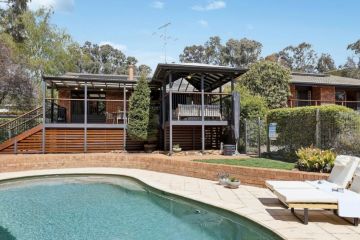The highs and lows of the single homebuyer

Normal
0
false
false
false
EN-AU
JA
X-NONE
/* Style Definitions */
table.MsoNormalTable
{mso-style-name:”Table Normal”;
mso-tstyle-rowband-size:0;
mso-tstyle-colband-size:0;
mso-style-noshow:yes;
mso-style-priority:99;
mso-style-parent:””;
mso-padding-alt:0cm 5.4pt 0cm 5.4pt;
mso-para-margin:0cm;
mso-para-margin-bottom:.0001pt;
mso-pagination:widow-orphan;
font-size:11.0pt;
font-family:Cambria;
mso-fareast-language:EN-AU;}
When I read an article recently about how unattainable it is for singles to buy their own home, I felt an emotionally unhealthy cocktail of sweet vindication and distinct bitterness. Here were the figures confirming what I already knew from the past 18 months of house hunting. In a country where home ownership is the Holy Grail and prices have rocketed to ridiculous highs, prospective buyers are even worse off if they don’t have someone to share the burden with.
I decided to buy a home when I knew I didn’t want to live in share houses any more. I’d reached 30, discovered I liked living by myself, and wanted a place of my own. Virginia Woolf would surely agree; why stop at a room if you could have an entire apartment?
Financially, it made sense. I’m no Alexander Hamilton, but I could still see the economic benefits of paying money towards a personal investment, rather than spending roughly the same amount each week on rent. I had enough for a deposit and had been approved for a loan, so all that was left was to find a suitable property. There was the rub. Here are some of the lows of house hunting as a single person:
Income
Single homebuyers are almost always competing against buyers with more than one income and greater resources to draw upon. Having a modest salary, I decided early on to opt for a one-bedroom apartment in an inner-city Melbourne suburb. An extra bedroom bumped up the price so significantly that I couldn’t even entertain the notion.
For a while, I daydreamed about moving somewhere like the Dandenongs, where I could get more bang for my buck and enjoy the rainforest to boot, but after a house-sitting stint in the area, I realised it was too isolating for someone living alone, whose friends and family all resided in the city. The three-hour round trip to and from work didn’t help.
The apartments I looked at were invariably small and rarely had an outdoor space, but young couples and older investors made up the majority of those at open inspections. It’s difficult not to feel discouraged when observing that you’ll be bidding against people with multiple incomes, and it’s easy to feel indignant, given how single-bedroom units generally seem to be made for one. Simultaneously, it says something about the state of housing in Melbourne that couples are being driven to look at smaller and smaller options.
Negotiating with agents and red tape
Real estate agents must give daily thanks for the advent of the smartphone. As anyone who’s shopped for a home will know, you can’t make it past the be-suited gatekeeper at an open house without surrendering your full name, mobile number, and sometimes an email address as well. Sometimes I’d receive text messages thanking me for visiting while still doing my first lap of the property. Phone calls would follow, every single weekday, always during working hours, from every agent who had my number – and there were dozens.
At these times, I longed for a partner to handball to from time to time, someone who could take a turn at wheedling out an asking price and acting interested, but not too interested. If that someone could also deal with the bank – and interpret tricky financial terminology for me – even better.
If you’re buying your first home on your own, dealing with agents and making sense of red tape is stuff you generally have to figure out alone. Couples who are first homebuyers have to negotiate these unfamiliar waters too, but they get to share the job with another person and work as a united front rather than as a lone, intimidated novice.
Emotional support
I’m not ashamed to admit I cried during my house-hunting days. They were a stressful, exhausting time. Every Saturday was spent driving from suburb to suburb to look at properties, some lovely, many disappointing. Even though I knew about underquoting, excitement would mount when an agent assured me an apartment “would definitely sell for less than $400,000”. They seemed so earnest.
I’d picture myself living there, get emotionally attached, and then feel devastated when it sold for well over the asking price. I’d swear never to trust an agent again, and adjust my expectations – maybe I’d settle for a place without a courtyard, a flat without a car space. Wash, rinse, repeat.
These are experiences familiar to all homebuyers. The difference is, couples get to go through all this hand in hand with their beloved. They can rest their weary heads on each other’s shoulders after another disappointing auction. That sounds nice – like something you might be able to laugh about years later, once the stress is a thing of the past and you’re living comfortably together in a giant house.
All roadblocks aside, this story does have a happy ending. In late October, I purchased a one-bedroom flat – with a courtyard and a car space – after a year and a half of searching. The funny thing is, I may not have gotten it if it weren’t for my single status. A private sale, I made an offer below the asking price, and the (lovely) agent representing the property took it to the vendor. On hearing the prospective buyer was a young woman looking to buy her first home, the vendor said “I should put some good out in the world”, and happily accepted the offer. It appears that sometimes being a single homebuyer can work to your advantage.
We recommend
States
Capital Cities
Capital Cities - Rentals
Popular Areas
Allhomes
More







